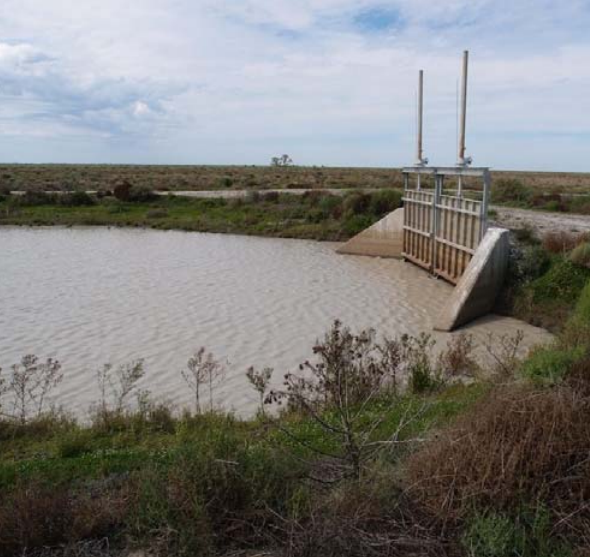Flood of unanswered questions over Nimmie-Caira
 A community group in New South Wales has opened fire on the state’s water authorities, saying they have shown a shocking lack of transparency around a major wetlands preservation project.
A community group in New South Wales has opened fire on the state’s water authorities, saying they have shown a shocking lack of transparency around a major wetlands preservation project.
Community consultations have been undertaken ahead of the $180 million Nimmie-Caira Project, which seeks to buy about 173,000 megalitres for environmental use per year, as well as buying and reconfiguring water infrastructure such as regulators, levees and channels.
It also plans to increase flows by removing “natural constraints” on rivers.
The NSW Office of Water says it developed the Nimmie-Caira plan in consultation with all affected council regions.
But when representatives met with Mutthi Mutthi tribal elders and community representatives from the Wakool Indigenous Corporation this week, the locals said their concerns were not even close to being met.
“Strangely, the Government representatives brought no documentation with them that explained the $180 million project,” said the Wakool Indigenous Corporation’s managing director.
“[The] Project Manager for the NSW Office of Water could not even produce a map of the project area to show the Traditional Owners even though this was specifically asked for prior to the event.
“[The Project Manager] untactfully changed the subject when asked about other basic documentation such as cultural heritage management plans or environmental impact statements,” she said.
“How can we be expected to make informed decisions on our country when the Government has no information to give?” Mutthi Mutthi man Gary Pappin asked.
“I'd like to know just what they are hiding,” he said.
“This project is environmental desecration on a phenomenal level. This is known and unknown sites and my daughter's future connection to country is now at jeopardy because the Office of Water are abusing the system.”
Office of Water documents acknowledge that the project will hurt local economies, but says that a “suite of potential off-set projects have been identified and included in the project to assist Shires to adapt to an environment with less water for irrigation, and identify alternative development opportunities”.
The Mutthi Mutthi Traditional Owners say they are now seeking legal representation.








 Print
Print